Lagos on the Global Stage: What Hosting E1 Means for Nigeria’s Sporting Identity
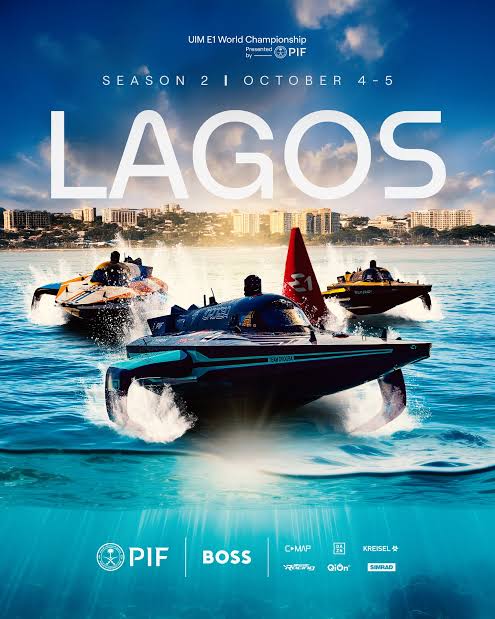
Introduction
The first-ever E1 Championship debut is being held in Lagos, Nigeria—the first in Africa. This is not just news; it is a revolution in the sports sector across the continent. Hosting the E1 Grand Prix is not merely about sport, but also about innovation, responsibility, and positioning Lagos on the global map for future opportunities that extend to Africa as a whole. With all the buzz surrounding the event and its historic debut, one thing is certain: Lagos has set the ball rolling for other African cities to follow.

This is not just another sporting event in Africa, but a statement of global relevance. As the world gathers for such an occasion, it boosts tourism, stimulates the economy, and brings other side attractions that may not be immediately obvious.
Hosting the E1 Championship signals Nigeria’s ambitions in global sports, but the question remains—will this be a passing spectacle or a true transformation of Nigeria’s sporting identity?
Nigeria’s Sporting Legacy
On the global stage, Nigeria and Nigerians are known for their dogged spirit of excelling wherever they find themselves. The debut of the E1 Championship in Lagos is yet another testament to this growing love for innovation. Nigeria’s history in sports has been remarkable—from the 1990s, when the Super Eagles stood tall as continental giants, to the present day. The Nigerian Tigress basketball team has dominated the courts in recent years, clinching victories consecutively. Beyond team sports, some of Nigeria’s brightest athletes have risen to global prominence: Tobi Amusan, who became a world champion in the women’s 100m hurdles; Anthony Joshua, who has made his mark in the boxing world; Blessing Okagbare, a trailblazer in athletics; and many more.

While Nigeria has consistently produced world-class talents, opportunities to host global sporting events have been rare. The city of Lagos, by securing the E1 debut, is beginning to change this narrative. Imagine the day Nigeria or any African nation hosts the FIFA World Cup or the Olympics. Such moments would open immense opportunities for the continent, though they are seldom granted. This makes the hosting of E1 not just a win for Nigeria, but for Africa as a whole.
The challenge now is to build on this legacy. Nigeria and the wider continent must invest in infrastructure, formulate forward-looking policies, and create an enabling environment that will attract more opportunities in sports. By doing so, Africa can shift from being a supplier of talent to becoming a true hub for global sporting events.
Why Lagos and Why Now?
Lagos is unarguably Nigeria’s most commercial city and the most populated across the country. It not only holds the human capital and resources necessary to host the E1 Championship but also possesses the infrastructure to support future sporting events. Its access to the Atlantic Ocean and unique coastal geography provide a natural advantage that cannot be overlooked. Beyond its physical landscape, the city’s bustling energy, seen every year during “Detty December” proves that Lagos is already a hub of attraction, though historically more for culture and entertainment than for global sporting events.
The appeal for E1 in Lagos is clear. The vast Lagos Lagoon provides an ideal entry point into African waters. The city’s cultural relevance is also significant, as Yoruba traditions remain deeply rooted in its identity, even though Lagos has evolved into a melting pot of diverse people from all walks of life. With these factors combined, the city holds immense promise. Yet, its sporting potential has not been fully harnessed,just as is the case with many other parts of Africa.
However, alongside its strengths, Lagos also faces undeniable challenges. Infrastructural struggles—ranging from unreliable power supply to chronic traffic congestion and water pollution—pose real concerns. But these obstacles need not overshadow the opportunity. If properly managed, and with the right infrastructure put in place, Lagos’ role as host of a high-tech, sustainable sport like E1 could not only elevate its global sporting identity but also set a new benchmark for urban innovation across Africa.
E1 and the Promise of a New Sporting Identity
Nigeria is far more than football, Afrobeats, or vibrant cultural displays. The diversification of its sporting culture carries immense potential, if properly harnessed, it could redefine the nation’s global image, not only for what it is already known but also for what it can innovate and achieve. The E1 Championship represents more than just a race on water; it is a step toward carving out a new sporting identity for Nigeria.
One of the strongest appeals of E1 lies in its sustainability angle. As the world races toward zero-emission targets and greener innovations, Lagos’ hosting of an electric powerboat championship signals alignment with global narratives of environmental responsibility. This is not merely about sport—it is about innovation, climate consciousness, and positioning Nigeria as part of the global conversation on sustainability.
The benefits also extend beyond the waters. Hosting such a revolutionary event will inevitably boost tourism, expand economic growth, and increase global media visibility for Nigeria. It also opens the door for foreign investment, creating ripple effects across industries far beyond sports.
Perhaps most importantly, the championship carries an inspirational weight for Nigeria’s youth. The fusion of sport, technology, and sustainability provides a live example of how STEM and marine technology are shaping the future. No longer distant ideas in textbooks, these concepts become tangible, visible, and achievable. For young Nigerians, witnessing and even participating in events like E1 could ignite curiosity, fuel ambition, and ultimately prepare a generation to not only consume innovation but to create it.
The Skeptic’s View: Spectacle Without Substance?
As exciting as the E1 debut may seem, without a sustainable framework, all the buzz, media hype, and fireworks could easily fade into history as just another fleeting moment. Africa has seen this cycle before: grand events that dazzled the world for a weekend, only for local communities to return to the same struggles of underdevelopment and neglect. The risk is real, that this spectacle might not translate into long-term substance.
The danger of elitism also looms large. In a country where economic inequality is stark, the E1 championship could end up as an elite experience, exclusive to those who can afford proximity to luxury boats, premium tickets, and high-end hospitality. But what about the ordinary Lagosian? Will the young boy in Ajegunle, the girl in Makoko, or the youth in Surulere ever feel a genuine connection to this sport? Or will E1 remain a glamorous display seen only on screens, out of reach for the people who make up the heart of Lagos?
Infrastructure is another glaring concern. Lagos is already grappling with water transport inefficiencies, traffic congestion, and urban planning challenges. Hosting a futuristic sporting event on the Lagos Lagoon is one thing; sustaining its momentum, building supporting systems, and embedding it into the city’s fabric is another. Can Lagos truly convert this one-off event into a catalyst for long-term infrastructure development? Or will the lagoon return to its old struggles of pollution, disuse, and neglect once the boats sail away?
Then comes the possible disconnect between international glamour and local reality. Global cameras will showcase glittering yachts, cheering crowds, and sleek electric boats cutting across African waters. Yet behind the scenes, many Lagosians continue to struggle with unreliable transport, unstable power, and limited recreational opportunities. Unless deliberate efforts are made to bridge these realities, the event risks being seen as an imported spectacle, one that benefits international stakeholders more than it empowers local communities.
Most importantly, Nigeria’s historical lack of a long-term sports policy raises valid doubts. Will E1 become a springboard for a broader sports and innovation agenda, or will it join the list of one-time spectacles like international concerts and exhibitions that vanish without a trace? Without policies, infrastructure, and intentional investment, the fear remains that Nigeria may once again host without harnessing.
Opportunities for Nigeria
The E1 Championship will, without doubt, position Lagos as a hub for future international sporting events. More than just a race on water, it has the potential to spark a wave of opportunities for Nigeria’s sports, tourism, and innovation sectors. Hosting such a groundbreaking event paves the way for other global competitions, ensuring that Lagos and by extension Nigeria, remains on the map for future bids.
Beyond sports, the event also offers the Nigerian government a chance to integrate sports, tourism, and the “blue economy” a sector rich in potential for marine innovation, transport development, and sustainable coastal economies. If strategically harnessed, this could transform Lagos into not just a sporting hub but also a global leader in marine innovation across Africa.
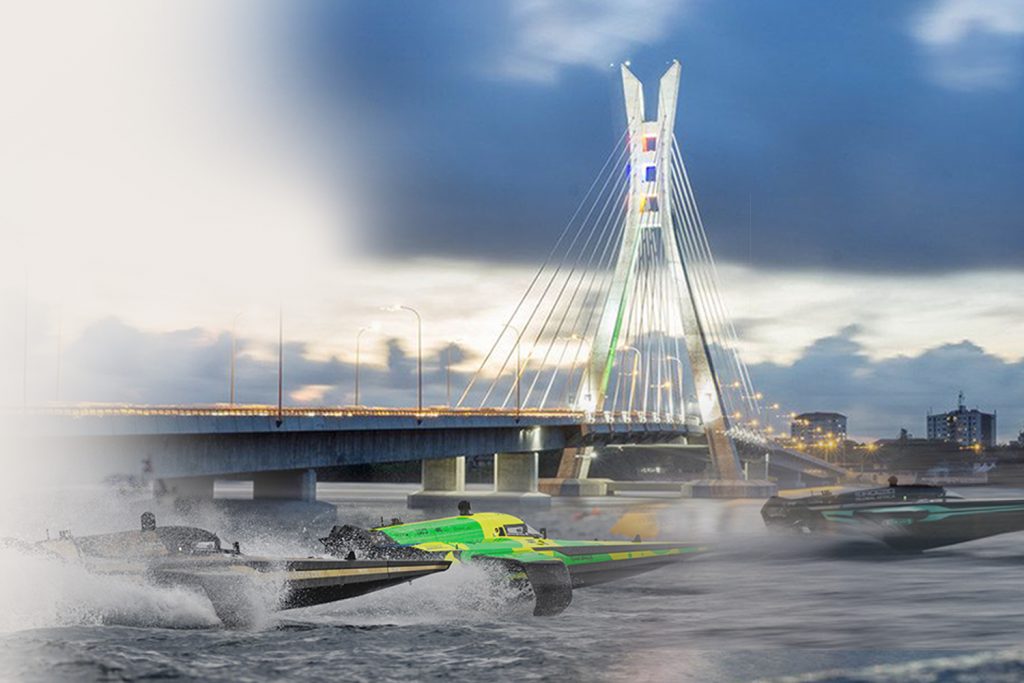
If Nigeria is intentional, it could replicate the success stories of other nations that have wielded sports as a tool of soft power. Qatar redefined its global standing with the FIFA World Cup in 2022, and South Africa used the 2010 World Cup to showcase Africa’s ability to host on a grand scale. Lagos now stands at that same threshold.
For this momentum to translate into something lasting, Nigeria must move beyond one-off hosting and invest in institution-building. Building resilient infrastructure, stadiums, transport systems, reliable power, and coastal facilities that will ensure that global events are attracted naturally, not just through costly bids.
Equally important is youth development. Scholarships, training programs, and world-class facilities can nurture a generation of Nigerian athletes who excel not only in football but also in basketball, athletics, water sports, and beyond. When youth are empowered with the right tools and access, innovation and global recognition follow naturally.
Finally, policy + private partnerships will play a critical role. Governments alone cannot sustain this momentum, but a synergy with private investors, global sponsors, and local entrepreneurs can build a recurring ecosystem. If Lagos gets this balance right, it won’t just host—it will lead.
Conclusion
The E1 Championship in Lagos is both a milestone and a test. For Nigeria and the wider African continent, it is a historic win—proof that the continent can attract and execute global spectacles of the highest order. Yet, the spotlight is not the endgame; it is the beginning.
The real question remains: Will Lagos use this moment to redefine Nigeria’s global sporting identity, or will the waves of opportunity recede without leaving a mark?
The world is watching. The boats may race across the Lagos Lagoon for just a weekend, but the legacy—whether fleeting or foundational—rests in Nigeria’s hands.
Recommended Articles
You may also like...
The Myth of Hard Work: Do You Really Need to Suffer to Succeed?
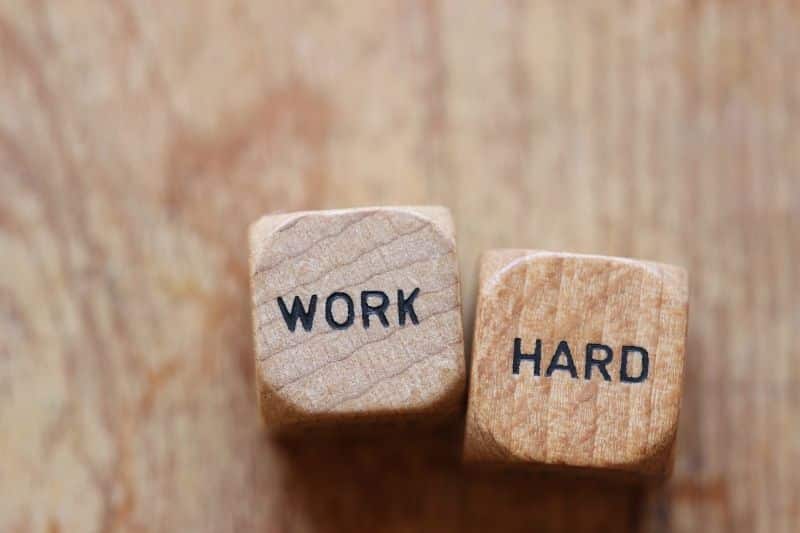
Do you really need to struggle to succeed? read about the myth of hustle culture, revealing why hard work alone isn’t en...
Tech Beyond Lagos: Smaller Cities Are Becoming Africa’s Next Innovation Hubs
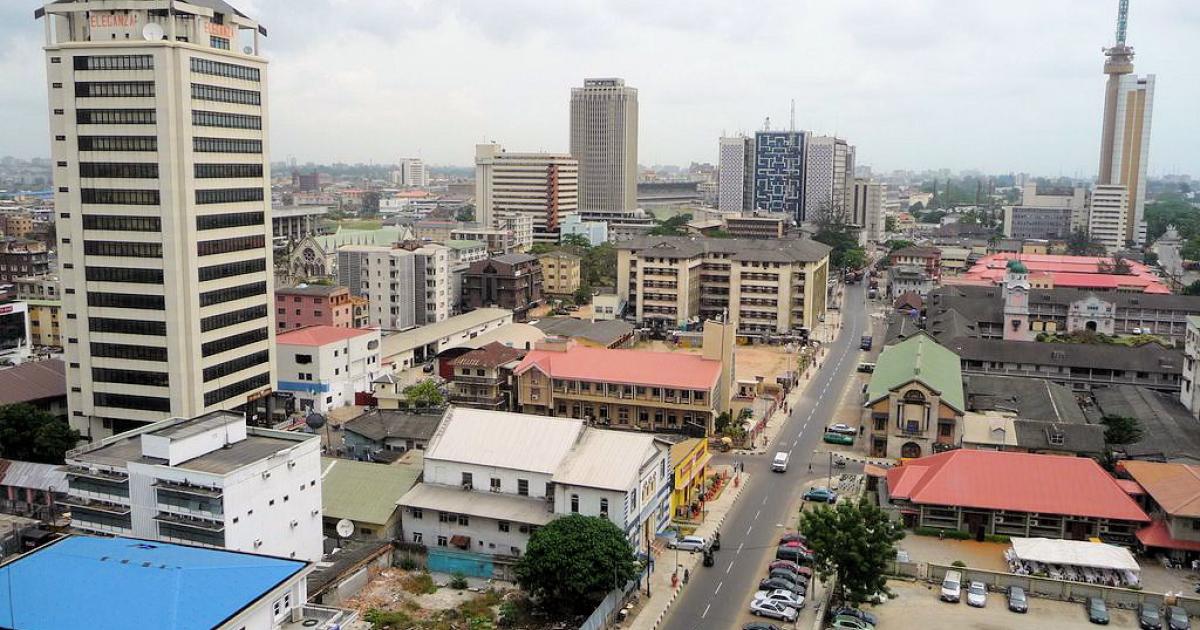
From Ibadan to Kigali, Africa’s tech future is breaking free of big-city limits. Smaller cities are rising as innovation...
Lagos on the Global Stage: What Hosting E1 Means for Nigeria’s Sporting Identity

Lagos welcomes its first-ever all-electric E1 powerboat race, marking a milestone for sustainable sport in Africa. Can t...
Soft Life or Survival? The Realities Behind Nigeria’s Hustle Culture

Is Nigeria’s hustle culture fuelling dreams or masking economic survival? Social media shows “soft life,” but reality te...
The Growing Wave of Professionals Leaving Office Jobs for Freedom
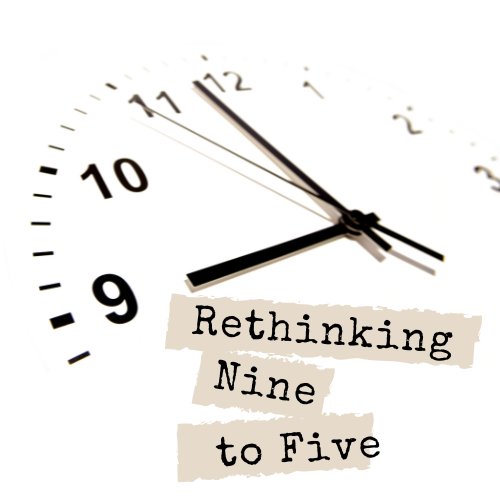
"Is the 9-to-5 dying in Africa? Professionals from Lagos to Lusaka, Dakar, and Addis Ababa are betting on freedom"
Laboratory-Grown Meat: The Future of Food or a Threat to Health and Tradition?

Lab-grown meat promises eco-friendly farming, animal welfare, and food security, but raises fears about health risks, cu...
Bameyi's Last-Gasp Heroics: Flying Eagles Soar into U20 World Cup R16 After Colombia Draw!

The Nigerian Flying Eagles have secured their place in the 2025 FIFA U20 World Cup round of 16 following a 1-1 draw agai...
Unbelievable Cinema: The 'Godzilla' Rip-Off That Fooled North Korea and Secured Hostage Release

Discover the incredible story behind North Korea's monster movie, <i>Pulgasari</i>, a film born from Kim Jong-il's cinem...

